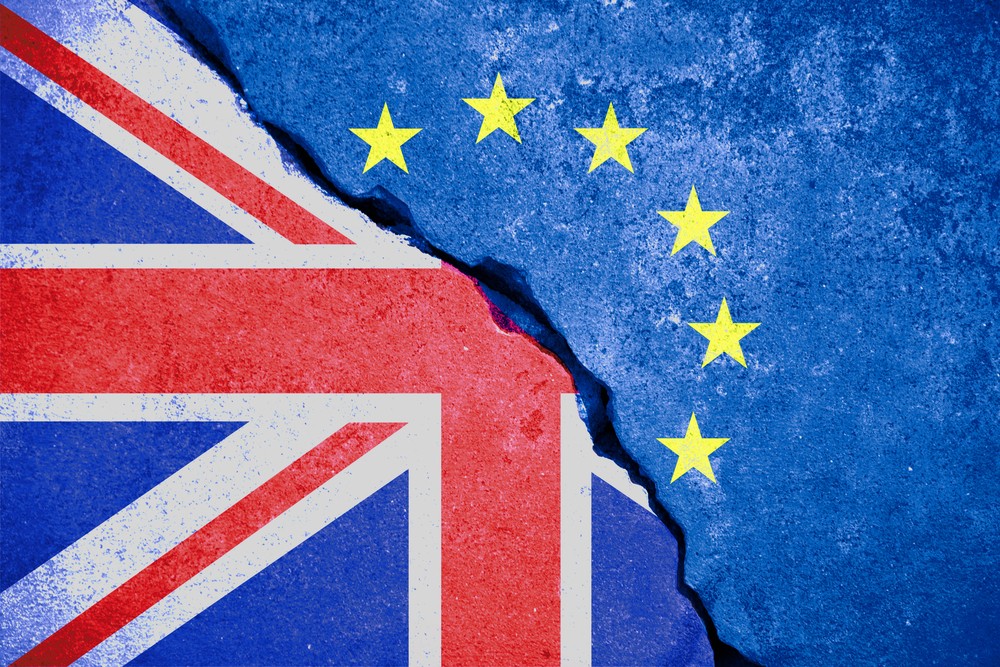Profound divisions in the UK revealed by Brexit study
A comprehensive report on Brexit and public opinion has revealed that the UK is a country deeply divided by class, place and age, and a values divide is emerging which could dramatically impact on politics in the years to come.
Nineteen months on from the EU referendum, University of 51福利社 Professors Rob Ford and Maria Sobolewska have co-authored the report by The UK in a Changing Europe, which underlines the divisions in UK society:
- The emergence of a values divide around differing attitudes to diversity
- Brexit has created new political identities: Leavers and Remainers view the world through prisms which shape their receptiveness to evidence based arguments
- The generations are divided: 73% of 18-24 year olds voted Remain; 60% of over 65s voted Leave. This division has grown even more stark following the general election and is turning into a political cleavage
- Brexit exposed the growing distinction between public attitudes in towns and cities, which relates to their contrasting economic trajectories: areas that experienced the most decline in recent decades voted Leave; whereas areas of relative growth were more likely to vote Remain
- Divisions exist between the individual nations of the UK over fundamental constitutional questions
- Divisions are also apparent between .
The report highlights a potentially emergent divide. Those who thought equal opportunities for ethnic minorities have gone too far voted heavily for Leave, and those who felt equal opportunities have not gone far enough were much more likely to have voted Remain.
The report warns that the robust link between views about ethnic equality and votes in the EU referendum could be a sign of an emergent values divide in the UK.
The referendum highlighted fundamental divisions in British society and superimposed a leave-remain distinction over them - this has the potential to profoundly disrupt out politics in the years to come.
“There’s little evidence to support the prime minister’s statement that ‘the country has come together after Brexit’. Instead she is presiding over a divided and polarised nation," he continued.
The report is written by 27 academics, and is the most comprehensive and authoritative analysis of Brexit and public opinion to date. It analyses the referendum, last year’s general election, emerging Brexit identities and the public’s views of the Brexit negotiations.
The authors make several arguments as to why it is highly unlikely people will change their minds about the UK leaving the EU:
- people’s preferences about EU membership are tied up with values, which are entrenched and unlikely to shift
- ‘confirmation bias’ leads Remainers and Leavers to discount information that does not correspond with their values
- for many Leavers, the attraction of Brexit was about identity politics more than economic calculus
Most of the academics who contributed to the report are part of The UK in a Changing Europe, including John Curtice, Matthew Goodwin, Sara Hobolt, Rob Ford, Anand Menon and Maria Sobolewska.
To read the full report, .

